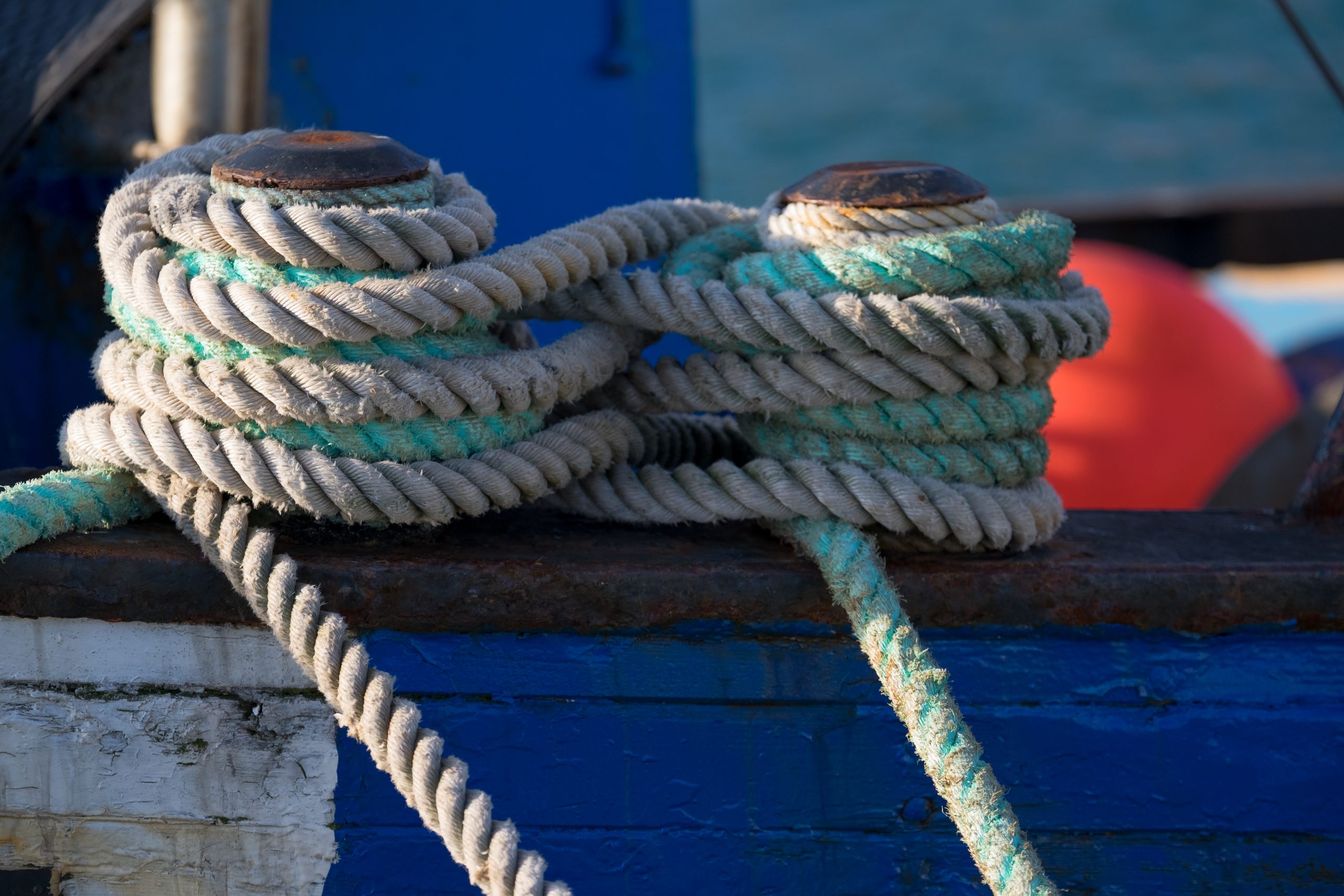Written by Marketa Pape
The shipping sector currently employs more than 1.5 million seafarers worldwide, and is expected to grow by as much as 70% by 2030. Demand for qualified workers is increasing and manpower shortages predicted throughout all maritime industries. To draw attention to important maritime issues, the International Maritime Organization (IMO) celebrates an annual World Maritime Day on 25 September. The 2015 event focuses on maritime education and training, an important part of the IMO’s mandate and work. In highlighting this theme, the IMO aims to attract more young people to careers in the maritime sector, both on-board and onshore, and ensure that they receive adequate training.
The theme also serves as a reminder of recent changes in seafarer training standards, based on the IMO’s International Convention on Standards of Training, Certification and Watchkeeping for Seafarers (STCW Convention). Adopted in 1978, it was revised in 1995 and 2010. These changes are to be implemented by 1 January 2017 and, according to the IMO, ‘much remains to be done’.
Maritime action in the European Union

The European Maritime Safety Agency (EMSA) is responsible for maritime education and training. The agency supervises the training and certification of seafarers in non-EU countries and offers training and technical assistance to EU national administrations, and its surveillance expertise serves purposes as varied as combating illegal fishing and piracy, and containing the spread of Ebola fever.
In May, an agreement was reached between the Council and the European Parliament on an older issue; that of protecting seafarers under EU labour law. Before that date, several directives allowed Member States to exclude seafarers from certain worker-protection provisions. Seafarers’ employment situation has finally improved.
Environmental issues also feature on the EU agenda this year. In January, stricter rules for cutting sulphur emissions from ships came into force in some EU seas, pushing the shipping industry to either adopt low-sulphur fuel or to install an exhaust-gas cleaning device on all ships.
In another move to support EU action on climate change, and contribute to the ongoing international debate on cutting emissions from shipping at global level, the EU adopted a regulation on monitoring CO2 emissions in maritime transport that obliges large ships calling at EU ports to monitor and publish verified annual data on their CO2 emissions.
Finally, the EU is also developing a policy to develop Motorways of the Sea, a move aimed at improving maritime-based transport services as an alternative to road traffic and shifting freight to sea-based logistic chains. The aim is to reduce road congestion and the negative environmental impacts of transport without limiting mobility and, consequently, economic growth.
In parallel to World Maritime Day, the EU has organised an annual conference to mark European Maritime Day since 2008. The 2015 conference took place in Piraeus in May, and was devoted to the role of coastal areas, territories, ports and coastal cities.








Be the first to write a comment.